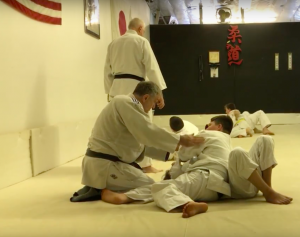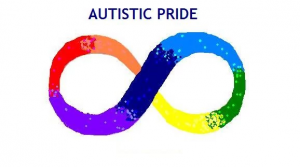During the summer, we examined multiple ways in which autistic individuals learn from and partake in organized activities outside of the traditional classroom setting. These “third spaces” included a Judo Dojo and a music and creative arts program. At these sites we observed and considered the alternative ways in which individuals learned, grew, and managed their behavior, mainly through the pedagogical framework introduced by Paulo Freire. Our goal throughout the project was to learn more about accessible teaching approaches that empower Autistic students and how these may be implemented into mainstream education. Successful approaches to behavior management and learning are promising in creating viable alternative options for Autistic individuals and their communities. They have the capacity to put into question rhetoric regarding traditional approaches that have dominated the field (such as Applied Behavior Analysis) and the monolithic shadows they cast.
In our work we: researched potential field sites to explore in the future (theater, equine therapy, and music therapy programs), analyzed visual and auditory data, transcribed interviews and presentations, took field notes, and compiled and annotated relevant scholarship and research. Our work especially focused on the Judo program and the ways in which it provided increased self-confidence, impulse control, relaxation, and socialization in students without compromising their sense of agency and individualism. We considered the ways in which the teaching practices and the nature of this program yielded these results, looking to the narratives of the involved community the Dojo serves. These approaches were rooted in and shaped by community, Autistic voices, mutual respect, sensory stimulation, deep touch, and gentleness. The results and observations of this work will contribute to ongoing research and the development of an upcoming manuscript.


